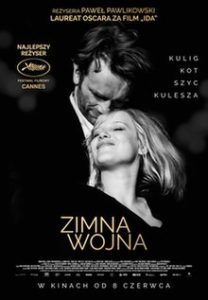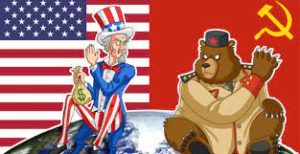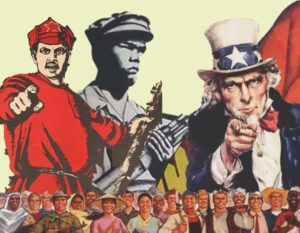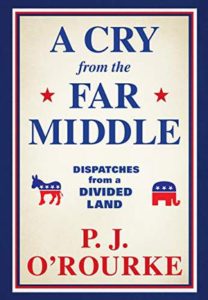
Cold War
Released in the US Dec. 21, 2018
Directed by Pawel Pawlikowski
Starring Joanna Kulig, Tomasz Kot, Borys Szyc, Agata Kulesza, Cédric Kahn, and Jeanne Balibar
Streaming on Netflix and Amazon Prime
I found this movie randomly, clicking through the Netflix menu. I hadn’t read a review of it, hadn’t even heard of it. But I was drawn to the black and white cinematography. I watched the trailer. That cemented my interest. The following evening, I watched the movie.
Cold War is very good. The best movie I’ve seen in many months. But be warned. It’s kind of artsy. And artsy can sometimes be pretentious. This was not. It was almost the opposite. It tells two stories – and both are heartbreaking: a love story during the Cold War, and the story of the Cold War itself.
The Plot
It’s the 1950s at the height of the Cold War in Poland. Two people, a musician and a dancer, fall in love and begin an impossible romance.
What I Liked About It
* As I said, the movie is two stories in one, both presented cleanly and sparsely, with a minimum of everything, including…
* The breathtaking cinematography, and…
* The music, dancing, and singing.
What I Didn’t Like So Much
Nothing. But because of how subtle this film is, you have to pay close attention to understand the entirety of the plot – which you must understand to really enjoy it.
Critical Reception
* “Cold War is a near-perfect film, an artfully crafted, flawlessly acted meditation on love, memory, and invented history that’s both deeply personal and politically attuned.” (Ann Hornaday, Washington Post)
* “Joanna Kulig is a shining new star who rips across the screen like a comet. Forget the frosty title, there’s enough sizzling carnality here to singe the screen.” (Peter Travers, Rolling Stone)
* “Passionate, tempestuous, haunting and assured, this latest from writer-director Pawl Pawlikowski explores, as did his Oscar-winning Ida, Poland’s recent past, resulting in a potent emotional story with political overtones that plays impeccably today.” (Kenneth Turan, Los Angeles Times)
You can watch the trailer here.







